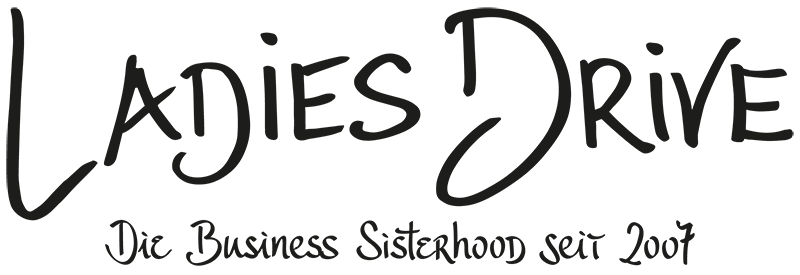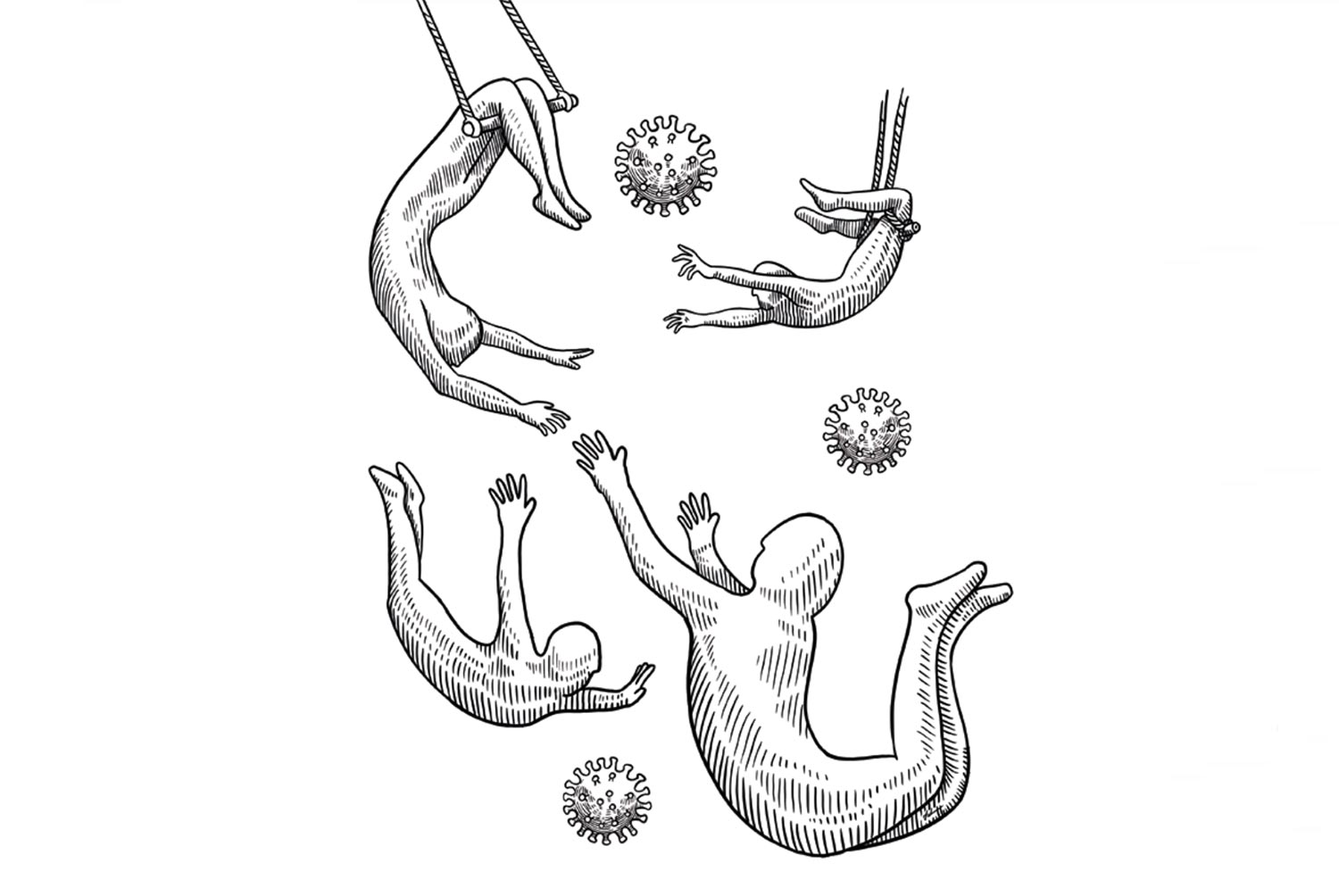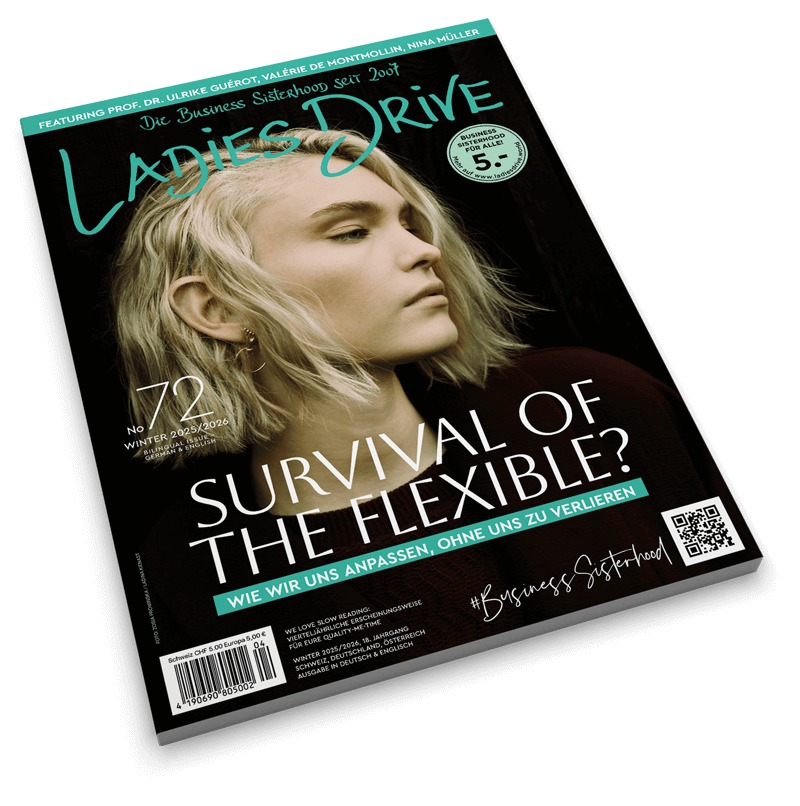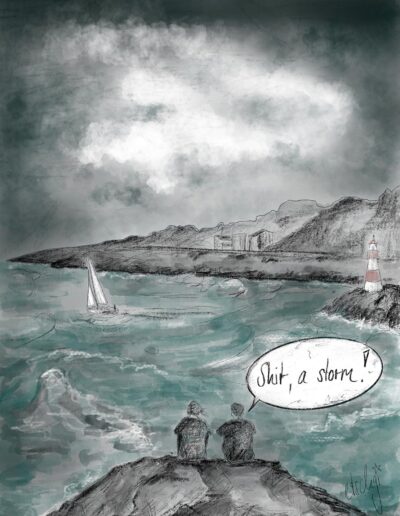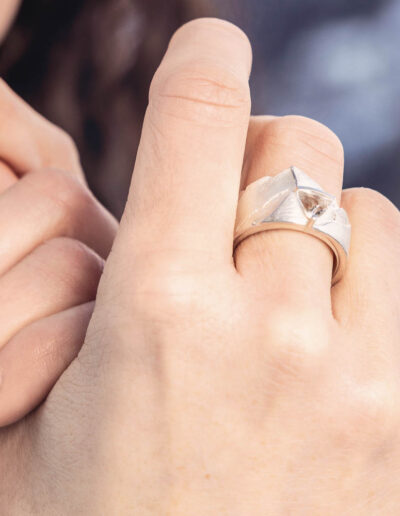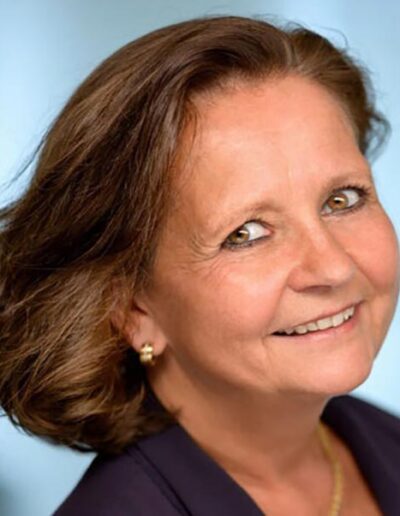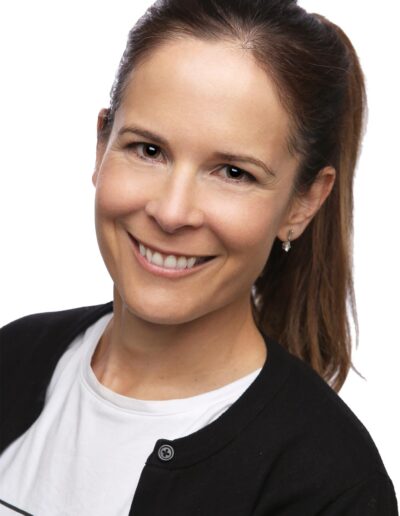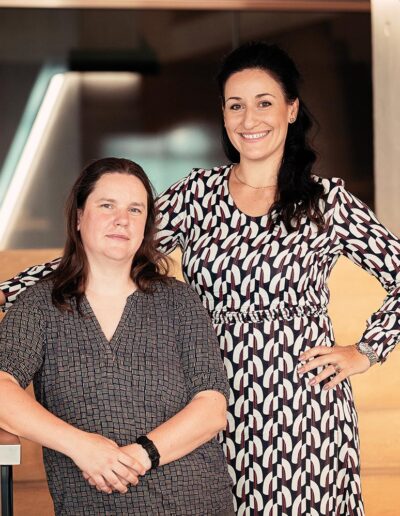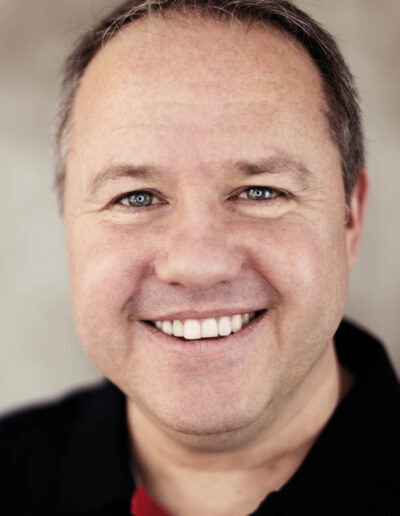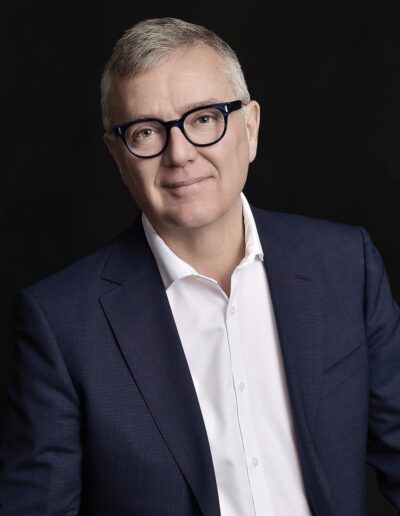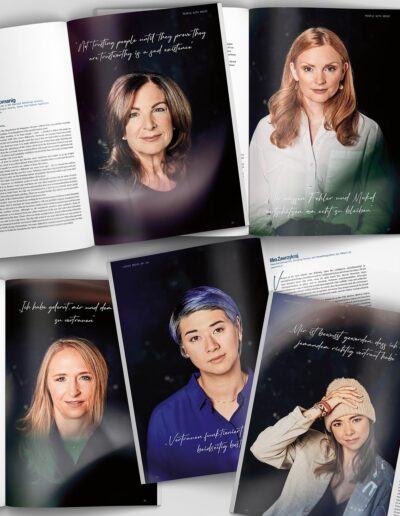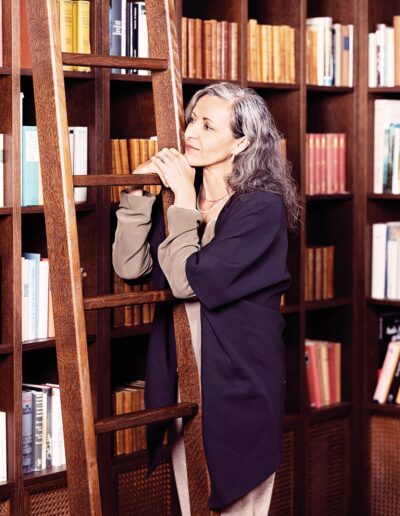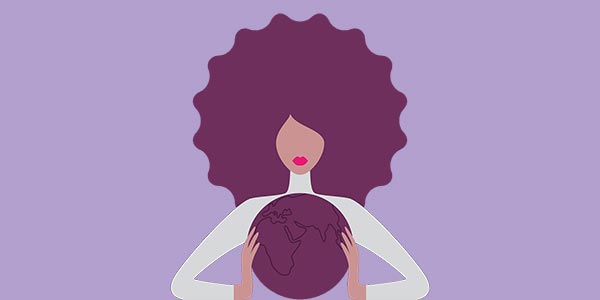Have you ever lost trust in something? In a person, a product, a place or a feeling? In a business leader, a boss, a social media platform or even a friend? To understand the importance of trust we need look no further than how the opposite makes us feel. We only need to think about the fallout and the feeling that we get from dealing with untrustworthy people, countries, governments or working for untrustworthy companies.
Some would say we are currently in the midst of a big crisis in trust. A new book by Sascha Lobo called “Die große Vertrauenskrise” (The Big Trust Crisis) claims that we are in the midst of a crisis of confidence that is unprecedented in scale. Furthermore he claims that it is the defining issue and challenge of our time. He writes how, in recent years, a dramatic social transformation has occurred. It is not just that many people already view politics, large corporations and the media with scepticism, but that the Russian invasion of Ukraine and the pandemic have deepened this trend.
More worrying, he says that this culture of mistrust has seeped beyond politics and business into personal relationships and that cracks are appearing in even the closest circle of colleagues, friends and family.
If trust is the foundation of our life together, what can we do to rebuild it? Where can we start? What we need, he says, is a compass for tackling it. A compass that allows us to better understand the world, orient ourselves in politics, the media, the economy, and science, and point us in directions that can help us tackle everyday life.
When it comes to social media, one of the compasses we are using to find a safe trustworthy space is the so-called Cosy Web. This is a term coined by Venkatesh Rao to describe the private gatekeeper bounded spaces on the internet. These are the trusted spaces, a reaction against what he calls the Dark Forest of the Clear Web which is occupied by predators such as data scavengers, clickbait creators and influencers. The Cosy Web is the trusted space which bots and algorithms have not reached, where like-minded people can meet safely.
While many people and governments have turned a blind eye to regulating untrustworthy social media, when it comes to business, we have for decades put up with “unkind” companies, hard working conditions and bad bosses. This was all in the name of chasing big fast profit with cheaper products. It was about efficiency as opposed to effectivity. But cheap does not come cheap as they say. Cheapness has a disproportionately high cost when it comes to people and the planet.
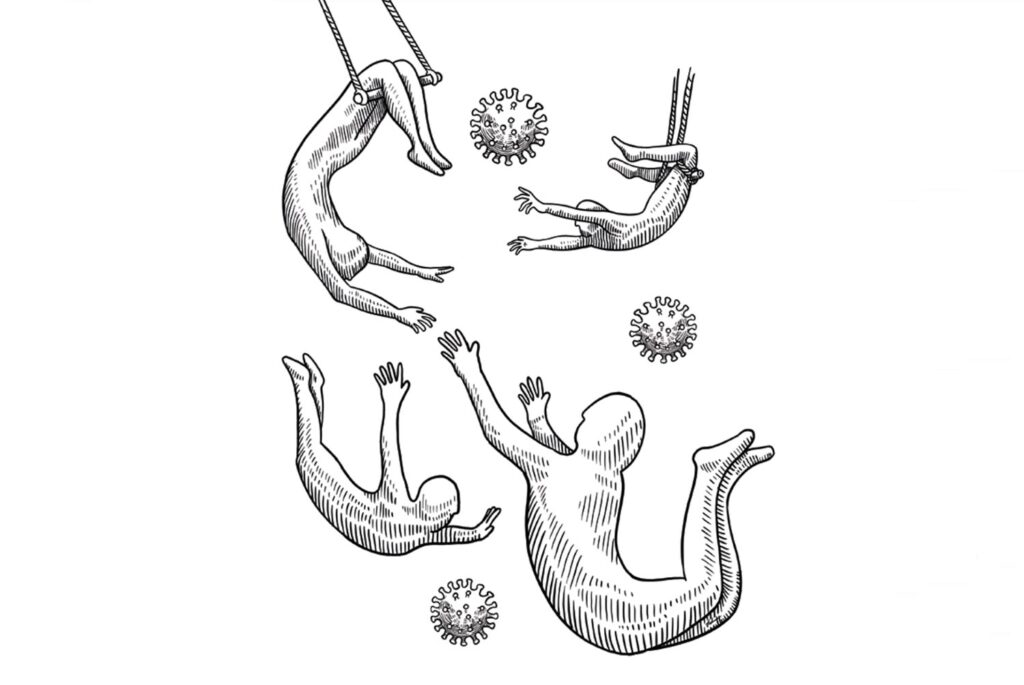
So how can company cultures evolve to rebuild trust in a time of mistrust, pessimism and crisis? One of the ways is to embrace the idea of the kindness economy. That is to say we put people first, then the planet, and then profit. A recent survey by Hewlett Packard, called the Work Relationship Index, found that only 27% of knowledge workers feel they have a healthy relationship to work. Put the other way round, that means nearly two thirds believe they have an unhealthy relationship with work. Furthermore only 29% of the 15,000 people surveyed across 12 countries said that their job consistently fulfils the needs of purpose, empowerment and genuine connection.
In response to the survey, the CEO of HP, Enrique Lores, writing in Fast Company, said that “we must reject the false choice between productivity and happiness. Too often, these are portrayed as opposing forces. But when you really stop and think about it, they go hand in hand. The most effective teams don’t simply perform at the highest level, they enjoy doing it. And now more than ever, that’s what business leaders need to enable.”
To build trust we first have to start with the people. This is the idea behind the kindness economy – changing the priorities around so that we think first about people, then the planet, and then profit, in that order. In the context of the new thinking about a “kindness economy”, trust is a valuable currency or building block that we can use. As Enrique Lores the CEO said, no company can succeed long term without a motivated and engaged workforce. And one that trusts their company.
Perhaps we need to start simply with building trust between our colleagues. A fun trust-building tool we can use comes from the artist and graphic journalist Wendy MacNaughton who says that one of the reasons we feel frustrated and powerless is that we don’t properly “see one another anymore”. Instead of looking for solutions, she says, we simply look away. In her simple one minute long social experiment in San Francisco called “Draw Together” she sat two strangers across from each other to draw a portrait of the person sitting opposite. The rules were simple; 1) Never lift your pen off the page – use a continuous line. 2) Never look down – keep your eyes on the face the whole time. Her tips were 1) Go slow and pay attention. 2) Look for things you didn’t notice at first such as long eyebrow hairs or smile lines. And while the results were always hilarious and a great icebreaker, she says the point was not the final product but the process. Distracted by the challenge of drawing each other, the people eased into what they were really doing: seeing each other. “Participants were stunned by the connection they felt with someone they hadn’t met before, even after just 60 seconds.” As she says, “Imagine what would happen in our communities if we slowed down enough to LOOK AT ONE ANOTHER.” Then imagine what would happen in our companies and workplaces.
Oona Horx Strathern
The Kindness Economy, Gabal Verlag
www.maggieappleton.com/cozy-web
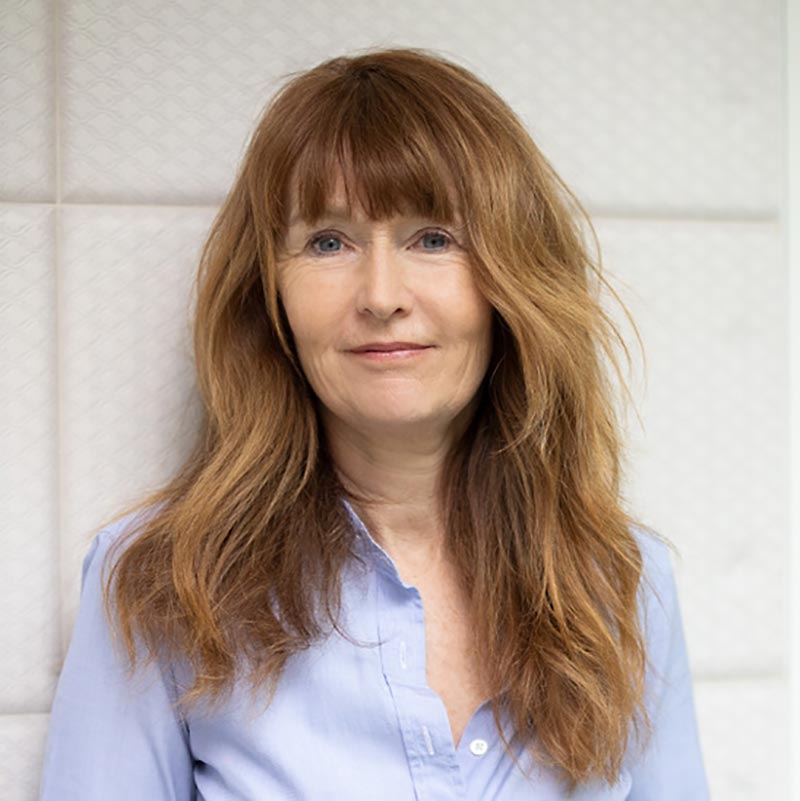
Oona Horx Strathern
Die gebürtige Irin lebt gemeinsam mit ihrem Mann Matthias Horx und den beiden Söhnen Tristan und Julian im Future Evolution House am Stadtrand von Wien. Die Trendforscherin, die seit 25 Jahren in diesem Bereich tätig ist, beriet schon Unternehmen wie Unilever, Beiersdorf und Deutsche Bank. Mit ihrem Zukunftsinstitut Horx teilt sie mit uns seit Jahren die spannendsten Trends und Megatrends – die Analysen der Familie Horx sind treffsicher und augenöffnend.
